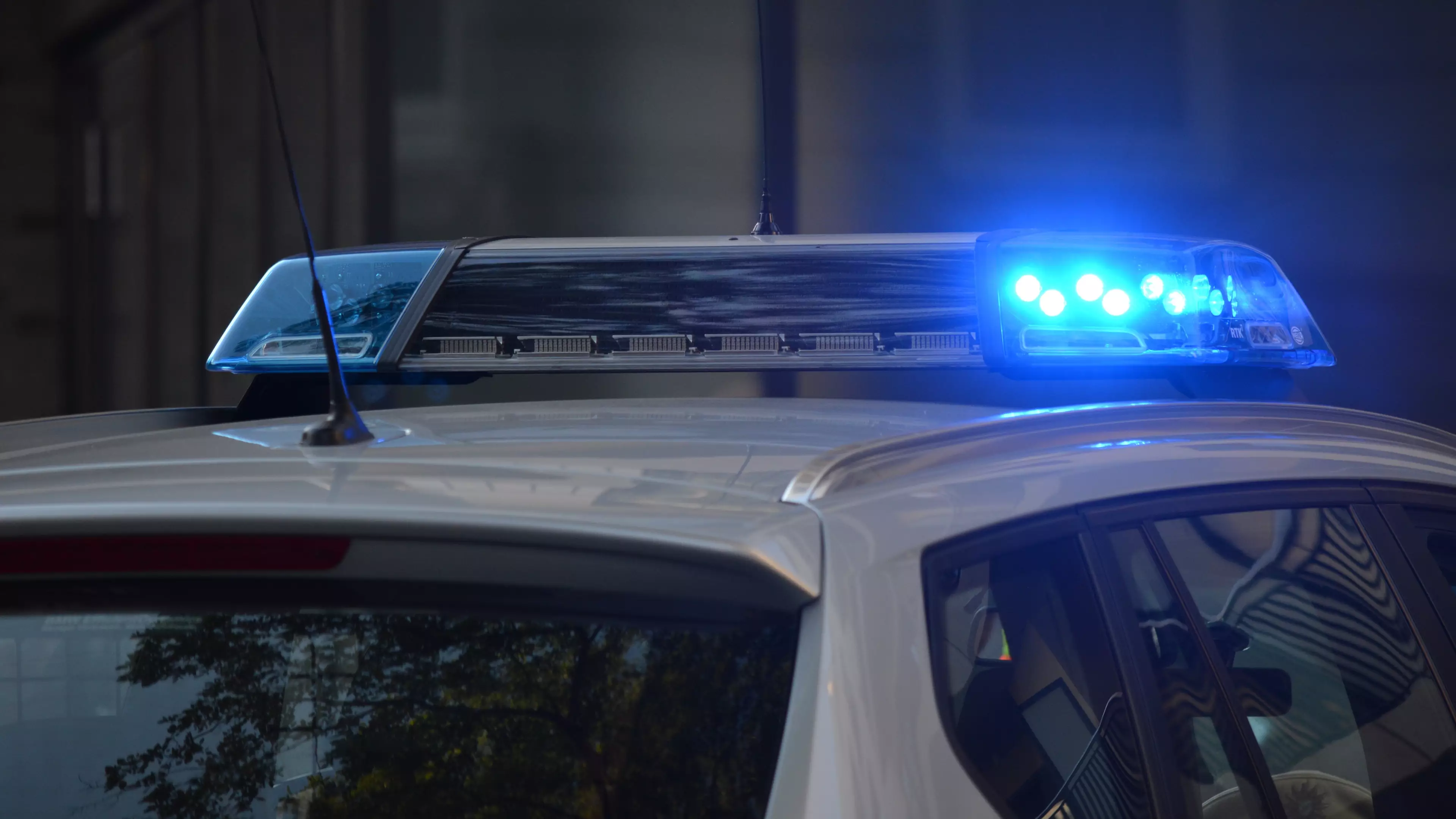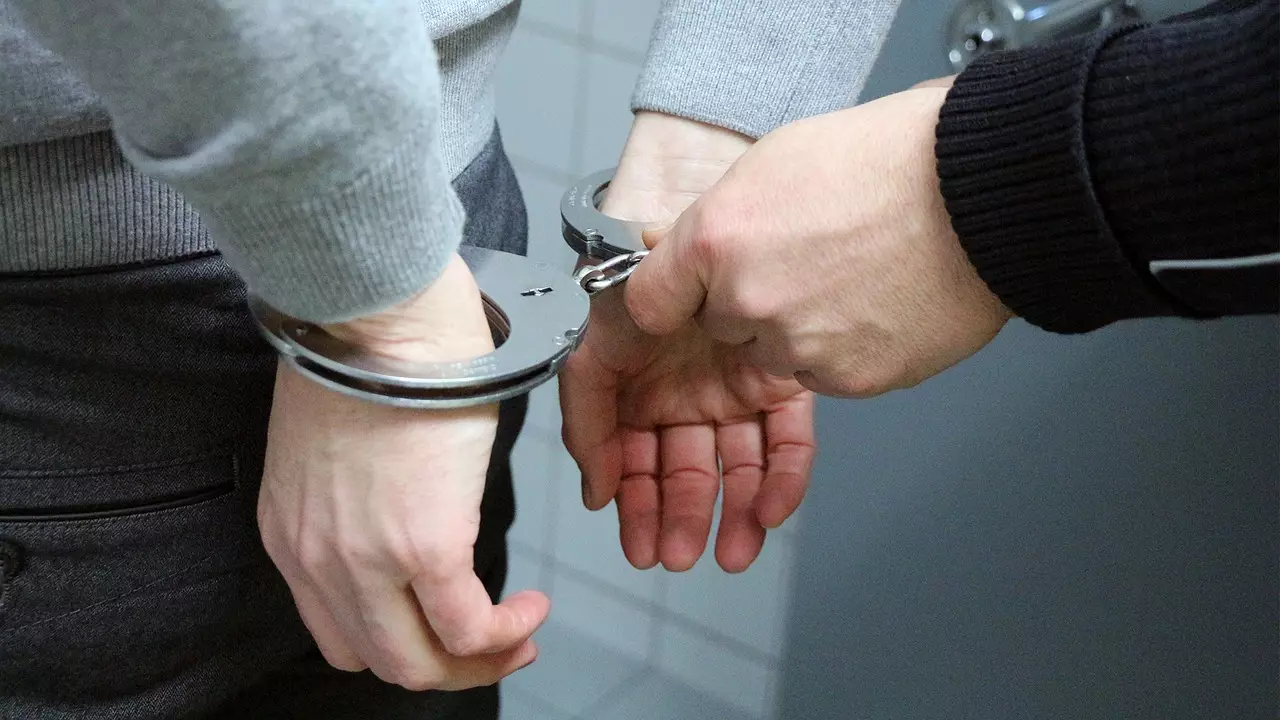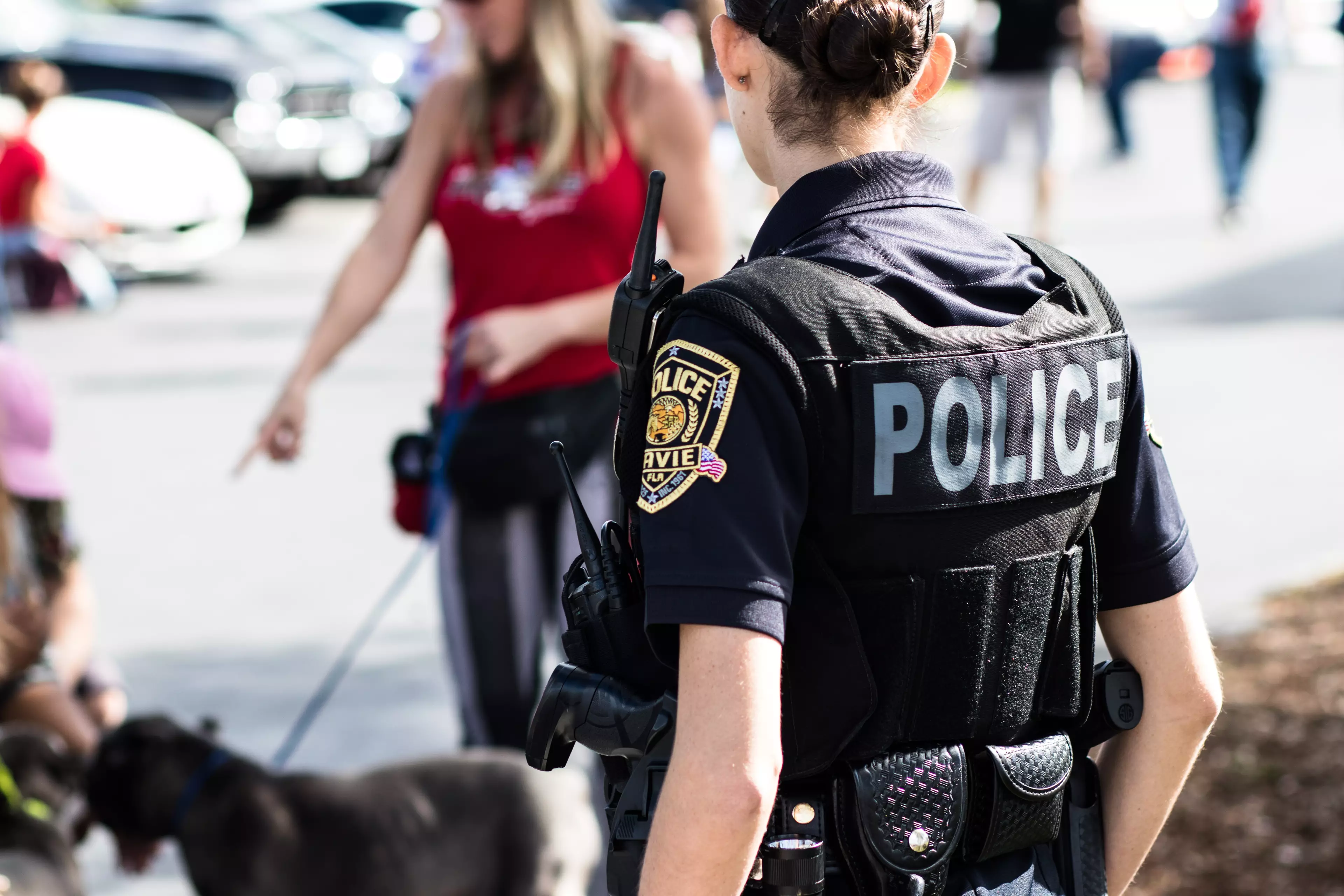
With National Stalking Awareness week upon us (from Monday, 8th to Friday 12th April) it's time to get informed about what you need to do if you suspect that you're being stalked.
It may not be a nice thing to think about - but knowledge is power and knowing how to recognise the warning signs and report it to the police could literally save your life.

Unbelievably there is no strict legal definition of stalking (which is perhaps why the police can be tragically slow to act, as in the recent case of Shana Grice).
Advert
However, the Crime Survey for England and Wales reports that more than one in five women have been victims of stalking since the age of 16.
The law does detail some acts which are associated with stalking, including following a person, watching or spying on them or forcing contact with the victim through any means, including social media or unwanted emails.

Essentially it's anything which restricts a victim's freedom, leaving them feeling that they constantly have to be careful.
Advert
Now - and this is seriously important - in many cases, these things can (and often do) appear innocent if taken in isolation. But when carried out repeatedly and causing you alarm and distress, they can be considered as stalking or harassment.
It's always useful to know about laws which could protect you. The Stalking Protection Bill brought new Stalking Protection Orders into effect last month as part of the government's wider commitment to tackle violence against women and girls.
The civil order enables police to help victims suffering from the unwanted attention of strangers.
The orders have the flexibility to impose restrictions and requirements on stalkers and carry criminal penalties if they breach them.

Police apply for the order so that frightened and vulnerable victims don't have to.
Advert
The Domestic Violence Disclosure Scheme (DVDS), often referred to as 'Clare's Law' after the landmark case that led to it, gives any member of the public the right to ask the police if their partner, friend or family member may pose a risk to them.
To make an application you'll need to go to a police station in person where a police officer takes details of what prompted your enquiry.
A safe means of contact is established and the police will carry out some initial checks to make sure there are no immediate concerns - if you tell them a crime has taken place or they're concerned for your safety they may act.
You'll need to give your name, address and date of birth.

If police checks reveal a record of abusive offences or suggest a risk of violence or abuse the police will share the necessary information with you in person. However this is at their own discretion and it's unfortunately not a fool-proof system.
Advert
For more information and to find your nearest police station click here.
Think you're being stalked? Here's what to do.
First up: if you or anybody else is in immediate danger, dial 999 immediately. Dial now and think later. It could save your life.
Can't speak because your stalker is with you? Check out how to make a silent 999 call here.
Advert
If you're not in immediate danger, tell the person you think is stalking you that you don't want to be contacted by them and don't respond any further.
Make sure you tell others around you that there's a problem so they know to look out for you and let them know your whereabouts and routine.

Make a diary of everything that happens and save messages or emails or anything else as evidence. It gives the police a clearer picture of what's going on when, or if, you need to take things further.
Clare Elcombe Webber, who's in charge of the National Stalking Helpline, told the BBC: "About 40 per cent of people who contact us have experienced some kind of cyber stalking.
"Not only the individual but also their friends and family - so all their social media is as secure as it possibly can be. They don't let people post pictures of them or check them in to places, for example."
You can also buy a SURE alarm to shock and disorientate an attacker, giving you vital seconds to get away if the worst were to happen.
They can be activated with one hand so you can hide them in a pocket and use discreetly if necessary; you can buy one here.
If it's not an emergency but you're concerned, contact your local police. Find their number here.
You can also contact the National Stalking Helpline on freephone: 0808 802 0300 (Monday to Friday, 9:30am to 4pm, Wednesday 1pm to 4pm) or email them at [email protected].
Featured Image Credit: Pexels